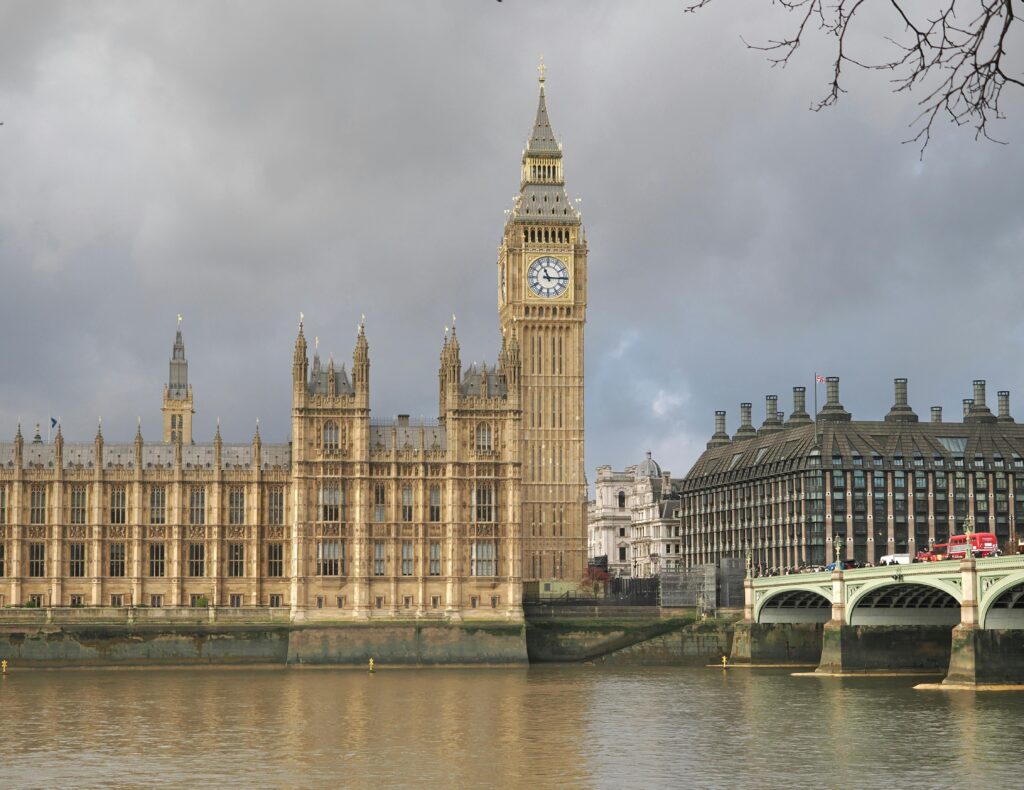A magnitude 6 earthquake struck eastern Afghanistan on the night of 31 August, killing at least 2,200 people, injuring more than 3,600, and destroying over 5,000 homes. More than half a million people have been affected, with hundreds of families displaced to temporary camps, while medical teams continue to treat the injured amid ongoing aftershocks.
Amid this humanitarian catastrophe, one striking reality stands out: the absence of women. In nearly all the images and footage emerging from the earthquake zone, women are nowhere to be seen, not in rescue operations, not in relief camps, not even among the wounded in hospitals.
This absence is tragic, though not surprising. Under Taliban rule, both before and after its return to power in 2021, Afghan women have been systematically erased from public life, banned from education, barred from employment, and excluded from almost every sphere of social participation. This gender apartheid is so absolute that even a natural disaster could not shake its walls.
The fact that women remain invisible amid mass death and destruction is more than a tragedy to mourn or a “cultural difference” to excuse. It is a moral alarm to the world, a call to act. For non-Muslims, it is a demand to stop excusing injustice in the name of culture; for Muslims, it is an urgent duty to reclaim Islam’s true image from those who have distorted it.
The Taliban’s regime: a “gender apartheid”
The Taliban is an Islamist militant movement that emerged in the early 1990s with the aim of turning Afghanistan into an Islamic state. They captured Kabul in 1996 and ruled the country until 2001, before returning to power in 2021 following the US withdrawal. The Taliban are Islamist fundamentalists who enforce a rigid interpretation of Islamic law and are notorious for widespread human rights abuses. Under their version of Sharia, women and girls are banned from attending school, working, leaving the house without a male guardian, showing their skin in public, receiving medical care from male doctors, engaging in politics, or even speaking publicly.
In other words, women have been erased from public life and confined within the home, with no control over their own lives. These are not isolated incidents of discrimination but a systemic denial of the most basic rights, simply because they are women. UN human rights officials have reported that these policies “seek to completely erase women’s presence in public.” Ashraf Ghani, the former Afghan president who fled the country as the Taliban seized power in August 2021, described it as “a vivid sign of gender apartheid in the 21st century.”
Muslim world rejects the Taliban’s interpretation
The Taliban claim their bans reflect Islamic law and teachings. Yet Afghanistan remains the only Muslim country in the world where girls are barred from secondary school and university. Across the Muslim world, leaders and scholars have rejected this as un-Islamic. From Turkey, the United Arab Emirates, Qatar, to Indonesia and many other governments and religious authorities have publicly condemned the Taliban’s ban, especially on women’s education.
Turkey: “The ban is neither Islamic nor humane… Islam encourages education and science.”
United Arab Emirates: “Bans on girls’ and women’s education violate fundamental human rights, contradict the teachings of Islam, and must be swiftly reversed.”
Qatar: “It is very disappointing to see steps backwards… In Qatar’s Islamic system, women outnumber men in government, the workforce, and higher education.”
Indonesia: “Education is a fundamental right for all men and women. Indonesia urges the Taliban to ensure uninterrupted access to education for women.”
Al-Azhar’s Grand Imam (Cairo): “Banning Afghan women from university contradicts Sharia and Islam’s call for both men and women to seek knowledge.”
In an interview with the ICfS, Paul Salahuddin Armstrong, Managing Director (Amir) of the Association of British Muslims, reflected: “the Prophet himself empowered women and encouraged women’s education. Within Islam, the woman is the first teacher of her children and her family.” He added, “the Taliban are Islamists who use the excuse of Islam to impose policies and actions aimed at controlling society.”
Taken together, these statements show a clear consensus across the Muslim world: the Taliban’s treatment of women is fundamentally wrong. Their edicts are not a defence of Islam, but a pursuit of political control disguised in religious language. Neither the holy texts nor Islam’s mainstream traditions endorse this kind of oppression imposed on women in Afghanistan today.
Reclaiming human rights and Islam from the Taliban’s ideology
Religion is not monolithic. Islam, like Christianity, Hinduism, or Buddhism, is not a fixed block of belief but a living tradition, shaped by multiple schools of thought, interpretations, and cultural expressions. As Paul Salahuddin Armstrong remarked, “As Islam spread around the world, it absorbed different cultures.” Many practices now labelled “Islamic” may, in fact, stem from local customs that merged with the faith as it expanded across regions.
In pluralistic democracies, people are free to worship and live according to their faith. Yet liberty, equality, and human dignity form a universal baseline that no religion or culture can override. If we believe in liberty, equality, and human dignity as universal rights, then we must uphold them consistently, not only within our own borders but wherever they are denied. That means having the moral clarity to critique the Taliban’s ideology without fear of being labelled as “Islamophobic.” Defending universal rights is not an attack on faith; it is an affirmation of our shared humanity, and a way of shaping faith into a force for compassion, not oppression.
Ultimately, the most powerful rejection of the Taliban’s ideology will not come from outsiders but from Muslims themselves. Muslims around the world must speak out for their own faith and against those who exploit and distort it. The strongest voices, and the best starting point, may come from Muslims living in democracies such as the US, the UK and India. They are among those who most deeply understand and live by the values of freedom, equality and dignity, in sharp contrast to the lives of Afghan women under the Taliban.
For too long, Muslims have suffered misunderstanding, discrimination, and hostility because extremists have spoken louder than the faithful majority. Beyond promoting understanding among other faiths, Muslims must reclaim their tradition by leading the critique and showing the world what Islam truly is: a faith of justice, learning, and compassion, for both men and women alike.
**
This is a test of our shared humanity. Silence is permission. At the most basic level of human conscience, no matter our gender, faith, or political stance, the Taliban’s ban on women is moral outrage. Throughout history, it is the courage of individuals, not institutions, that has formed public conscience and redrawn the boundaries of justice. Here, that conscience must speak again, so that regimes like the Taliban cannot claim legitimacy through our silence.
Related Article: Engagement without Recognition: How Democracies Abandoned Afghan Women



